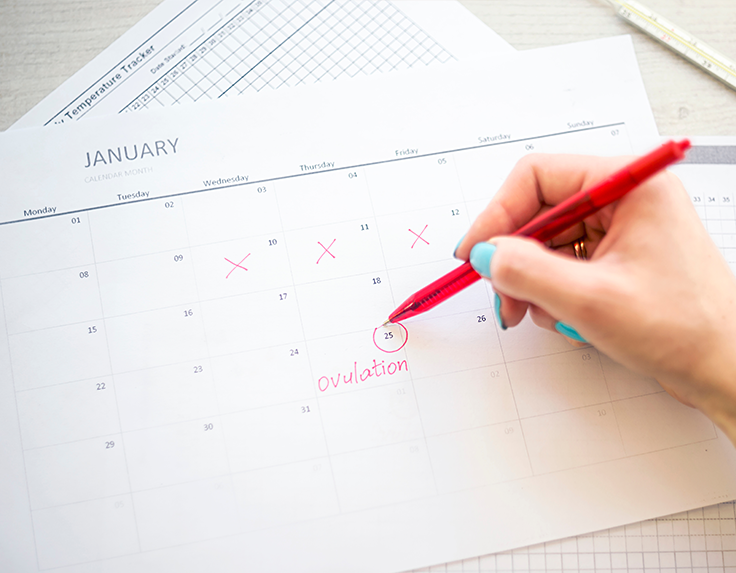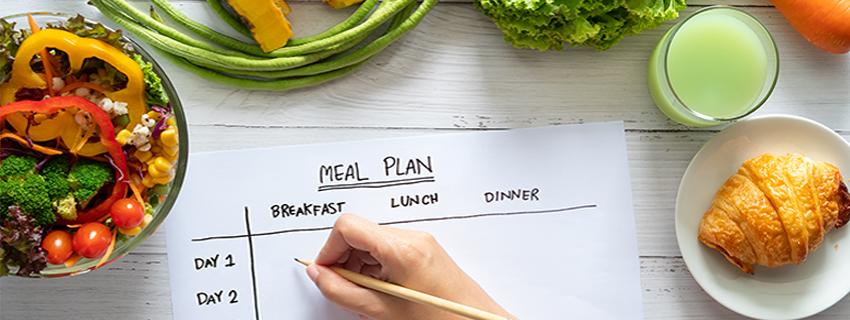If you’re wondering if exercising while trying to conceive is safe, here’s some good news. When you’re trying to conceive, getting into a gym programme and staying active is a significant step in the right direction. After all, exercise is important for overall health and wellness and can aid in the preparation of your body for conception and pregnancy. Though exercising is great for the baby and the mother to be, but, some exercises are not good for the time and must be avoided so as to keep the process healthy and stress-free.
Below are listed some exercises that you must avoid when trying to conceive. These exercises are known to make your body weaker and more tired if you are trying to conceive.
Some of the exercises are:
Running Too Hard:
Running is known to help you in conception up to a certain limit but, if the limit is crossed, it has adverse impacts on the health if you are trying to conceive. Your hormonal level in the body is impacted and becomes very imbalanced when it comes to running more than a certain limit.
Some of the side effects of running too hard are listed as follows:
Dead Butt Syndrome: If your buttocks are numb or hurting, and you are also experiencing discomfort in your knees, hips, lower back, and, back of your legs, you may have gluteus medius tendinopathy, often known as “dead butt syndrome,” which is inflammation of the tendons in your back.
Frequent urge to urinate: Have you ever gone for a run and then felt an overwhelming want to urinate? You’re not the only one who feels this way.” Those who participate in high-impact sports have the highest prevalence of urine incontinence “According to a study, activities such as running are beneficial.
The reason for this, according to experts, is that running weakens your pelvic muscles.
You can take action if this sounds familiar. Kegel exercises, according to experts, work because they grow the muscles that hold your urethra and other organs in place over time.
Avoid intensive exercises:
If you are trying to conceive, avoid hardcore exercises. They can affect your hormone levels and impact your fertility. Some of the side effects of hardcore exercises can be –
- Longer periods of rest are required.
- Experiencing anxiety more often.
- Injuries caused by overuse of equipment.
- Sore muscles or heaviness in the limbs.
- Difficulty in Sleeping.
- Experiencing mood swings or irritability.
- Suffering from depression.
- Feeling exhausted more often than not.
- Getting leaner and weaker.
These side effects can affect your ability to conceive.
What exercise is best when trying to conceive?
You don’t need to stop exercising completely when you are trying to conceive. Barre, yoga and pilates can help you to build strength, balance, muscle tone and endurance which will benefit you during this time. Yoga helps you to relax which is important during the process of trying to get pregnant. Yoga needs to be done under guidance to get the best results and avoid injuries that could interrupt your process.
Does exercise prevent implantation?
Too much information is not available regarding the right exercises that can be done while undergoing fertility treatments. Doctors usually recommend minimal or no exercise during IVF. There are no confirmed reports on the impact of vigorous physical activity on implantation, clinical pregnancy or live birth rates. The worry is associated with ovarian torsion when the ovary twists around its stalk. Running, yoga inversions, high-impact exercise etc. can cause the ovaries to shift in the pelvis and this can disrupt the IVF treatment.
How much exercise should you aim for when trying to conceive?
If you are trying to conceive or have just confirmed the news using the Prega News kit, you should aim for a moderate exercise routine of 30 minutes on most days of the week. You can even split it into 3 ten minute workout sessions. Any exercise that gets your heart pumping like aerobics, yoga, strength training or even gardening and housework is good for you and your future baby.
How much exercise is too much when I’m trying to conceive?
Unless you are an athlete who is regularly training for competitions, most people do not come close to their daily exercise limit, whether you are trying to conceive or are already pregnant. Studies show that if you exercise intensely for more than 5 hours per week, conception may be delayed.
Intense training with a low BMI can alter your menstrual cycle and even stop ovulation. It is better to check with your doctor.
What are the best pre-pregnancy workouts?
If you are actively trying to conceive and waiting to see the two bands on your Prega News kit, you should stick to safe workouts and not take unnecessary risks.
Some exercises that are considered safe during this period include –
Running and walking are good for the heart and you don’t need any special equipment apart from a good pair of walking shoes. In fact, you can walk right through your pregnancy. Experienced runners can even keep running but make sure not to risk injury by indulging in intense training.
Weight lifting builds muscle tone and bone strength which can help you stay in shape during pregnancy. Choose lighter weights with more repetitions or go for resistance exercises like squats, crunches and push-ups. Take a breather between workouts and have plenty of water. Pilates, Barre and yoga should be done under supervision to avoid injury.
Swimming is a low impact exercise that can help in building muscle tone and is great for the heart. Swimming makes pregnant moms feel weightless and can also act as a relief against nausea and swelling.
Indoor cycling is another safe, low-impact exercise that can be continued till the baby arrives. You should take water breaks and rest in between if you feel tired or breathless.
Exercising is great when you are trying to prepare your body for conception, but it is not at all beneficial if you are doing it wrong. Wrong methods and wrong exercises can only work to impact the body in an adverse manner. The body needs rest and rejuvenation frequently but when the exercises are wrong they lead to adverse impacts that do not allow you to be healthy or conceive.
Make sure you consult your doctor so that you don’t end up doing the wrong things and delay the conception. If you are looking to conceive and deliver a healthy baby, it will help you to do some homework about what exercises to do and what to avoid. Stay healthy and keep trying. Soon you will have Prega News delivering good tidings.

















































